In John Eldredge’s classic book Wild At Heart, he explains that every man asks himself the same haunting question, “Am I really a man…have I got what it takes…when it counts?” I know this is certainly true for me and it just happens to be true for every single man I have discussed this with. Every man wants to know that he has what it takes to be a man. He wants to know that when the time comes, he can stand up and act and lead in bravery and courage. No matter how much he bows back his shoulders and swells his chest, he still wonders if he can withstand the battles that come his way.
A few years back my dad told me that he never felt like he was a good communicator. My dad can do just about anything. I’ve always told people that my dad knows a little bit about everything. Along with being very knowledgeable, he is a master at any task that requires a set of hard-working hands. But I would agree with him that, yes, communication may be on his short list of weaknesses. Despite this, he nailed it when it came to sharing the most important thing that a father can communicate to his son.
My dad used to do something to my brother and I that he called “scobbing your nob.” I’m not sure if that is a real thing or something that he made up. Every morning before leaving for work he would come into my bedroom at dark-thirty while I was still sound asleep. He would grind his finger knuckles rapidly across my head back and forth. This was “scobbing your nob.” This actually hurt and was not a great way to wake up. As a teenage boy I did not appreciate this early morning gesture, but as a man I am forever grateful.
In the few moments that my dad had before he left the house for a long hard day at work, he wanted to make sure that I was awake enough to hear what he had to say. Once the aggravation on my face let him know that I was awake, he would say, “Love you Boy. Proud of you.” This occurred every single morning, or at least that is the way I remember it. The man who self-described himself as a poor communicator, communicated every single day to his son where his boy stood in his father’s eyes.
Every boy will grow up and face a journey to manhood. A good father will lead him through life preparing him for this journey, but regardless of how great the coaching from dad is, the boy will still have to walk part of this path alone. He must wrestle with his own deepest thoughts and fears before he can actually become a great man. The father cannot do this part for him. When or if a boy knows where he stands with his father, that journey becomes a lot more meaningful.
In a world where confusion seems to be the issue of the day, wouldn’t it be worth seeing what would happen if fathers actually told their sons who they are? Wouldn’t it help if a grown man was a voice of stability and consistency for a young boy. I wonder what would happen. Actually, I don’t. I ask my three sons every day this question, “Who are you?” After they answer, I then tell them where they stand with me, “I love you, I’m proud of you, and you have what it takes.” You see, my sons have child brains. They are not finished developing. They need me to lead, guide, and protect them. Our government does not trust a human brain until it reaches eighteen years of age. In fact, scientists believe that the male brain is not fully developed until around the age of twenty-five.
If I know these things to be true, then why would I allow my sons at 16, 14, and 8, to be their sole voice of reason, stability, and truth? What a burden to put on a child! The good news is this is not my sons’ job, its mine. They are the child, and I am the adult. It is my duty to eliminate doubt and confusion and to give them a head start, a leg up, and a boost on their road to becoming men. I do this by not making them guess where they stand with their father. Life is hard enough. They should not have to waste time wondering if they measure up in their father’s eyes. I assure you, and more importantly I assure them daily, they do.
Many men spend much of the journey toward manhood not only asking the question, “Do I have what it takes,” but also wondering if their dad believed in them, was proud of them, and felt they had the necessary qualities to be a good man. Although I still ask myself, “Do I have what it takes,” thankfully, I did not have to waste time being hurt, confused, and questioning where I stand with my dad.
Your son should not have to either.








